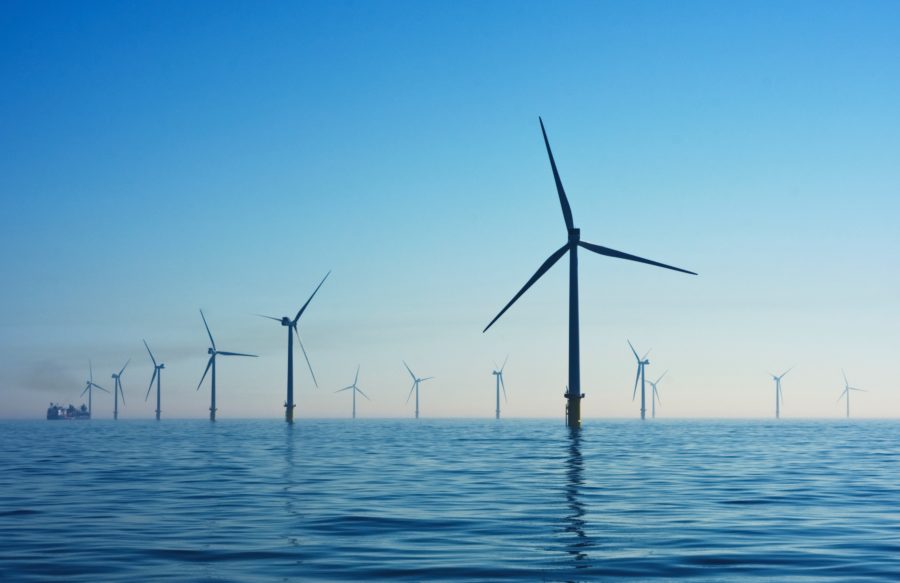July 19, 2021
EU Unveils New Climate Rules, Including Tax on Foreign Polluters

European Union policy-makers have unveiled their most ambitious plan yet to tackle climate change, aiming to turn green goals into concrete action this decade, and in doing so lead the way for the world’s other big economies.
The European Commission, the EU executive body, set out how the bloc’s 27 countries can meet their collective goal to reduce net greenhouse gas emissions by 55 per cent from 1990 levels by 2030 — a step toward “net zero” emissions by 2050.
This will mean raising the cost of emitting carbon for heating, transport and manufacturing, taxing high-carbon aviation fuel and shipping fuel that have not been taxed before, and charging importers at the border for the carbon emitted in making products such as cement, steel and aluminum abroad. It will consign the internal combustion engine to history.
The “Fit for 55” measures will require approval by member states and the European parliament, a process that could take two years.
They are also likely to face intense lobbying from some industrial sectors, from poorer European member states that want to protect their citizens from price rises, and from more polluting countries facing a costly transition.
The EU produces only eight per cent of global emissions, but hopes its example will elicit ambitious action from the world’s other major economies when they meet in November in Glasgow for the next milestone UN climate conference.
Ships must pay for carbon now, too
Tighter emission limits for cars will in effect end new petrol and diesel car sales in the EU by 2035 — the earliest of the possible dates that had been touted.
An overhaul of the EU Emissions Trading System, the biggest carbon market in the world, will force factories, power plants and airlines to pay more when they emit CO2. Ships will also be added to the ETS, requiring ship owners to pay for their pollution for the first time.
A new EU carbon market will impose CO2 costs on the transport and construction sectors — with some of the revenues put in a fund to curb low-income households’ fuel bills.
The Commission also unveiled its plan for the world’s first carbon border tariff, requiring manufacturers abroad to pay for the CO2 they have produced when they sell goods such as steel and cement into the EU.
Tax on jet fuel
Meanwhile, a tax overhaul will impose an EU-wide tax on polluting aviation fuels, which currently dodge such levies.
EU member states will also be required to build up forests and grasslands — the carbon sinks that keep carbon dioxide out of the atmosphere.
For some EU countries, the package is a chance to cement the EU’s global leadership in fighting climate change, and to be at the forefront of those developing the technologies needed.
Poorer member states are wary of policies that will raise costs for the consumer, while regions that depend on coal-fired power plants and mines want guarantees of more support for a transformation that will cause dislocation and require mass retraining.
Click here to read in detail about the European Green Deal.
(Source: CBC News)